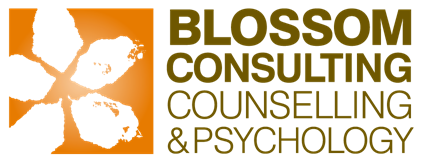We provide a range of evidence-based therapies at Blossom Consulting and tailor our treatment approach to best suit each individual’s needs. All Psychologists at Blossom Consulting are highly qualified and experienced to use several different psychological therapies to provide the best possible outcome for our clients. Many of our Psychologists are specialty trained in multiple areas of psychology and may use more than one type of therapy for treating clients. This adds to the quality of assessment and treatment provided and ensures the best possible outcomes. Please read below for a brief description of the most common therapeutic approaches used by Psychologists.
